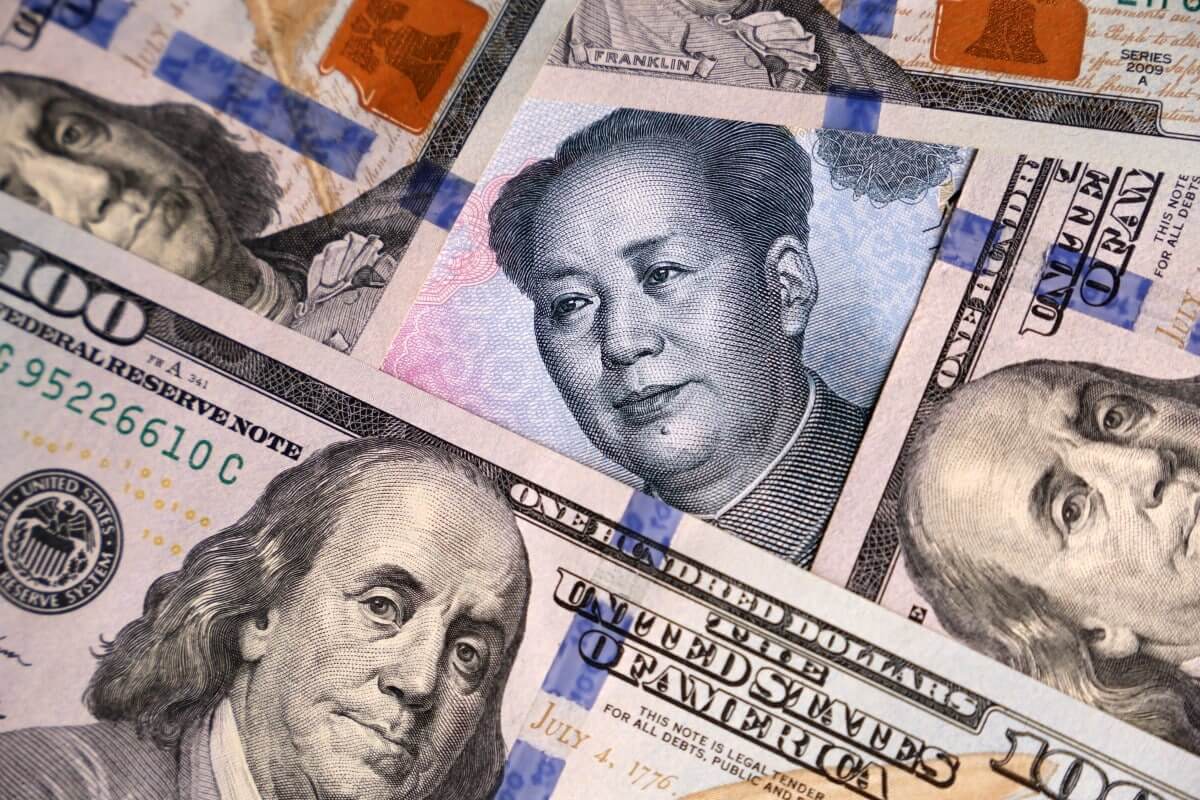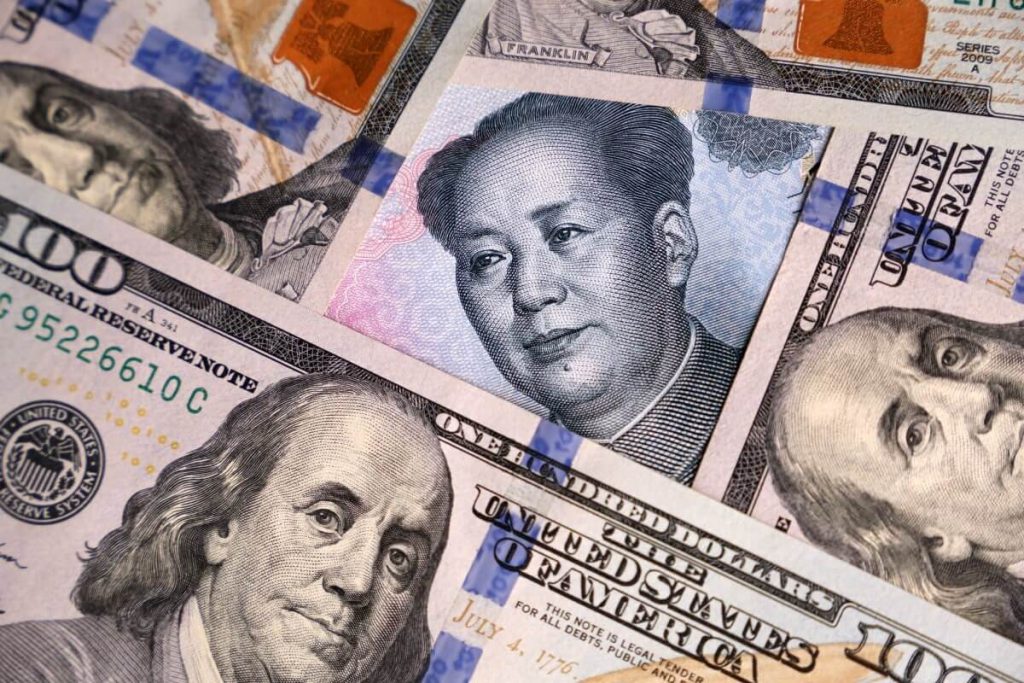
The U.S. dollar jumped on Monday. How is the Yen faring?
The greenback surged forward on Monday, while the Japanese Yen fluctuated. The currency plunged to a low of 149.70 per USD overnight. However, afterward, it skyrocketed to a high of 145.28. Some analysts speculate that the Bank of Japan had supported the Yen for a second day at the behest of the country’s Ministry of Finance. The Japanese currency exchanged hands at 149.05 at last, dropping by 0.9% on the day against the U.S. dollar.
John Hardy, Saxo Bank’s head of currency strategy, noted that during the prior round of intervention, the USD/JPY pair was bid up above 145.00. The current situation seems similar. But the intervention’s impact is very short.
The Yen surged forward to its highest level since September 21. Economists estimate that Japan spent approximately 5.4 trillion-5.5 trillion JPY in its yen-buying intervention last Friday. Moreover, investors think that the BOJ might have intervened more than once in September to bolster a currency that has plunged by 22% this year against the greenback.
The Japanese government decided to keep borrowing costs low, unlike other central banks that have already started hiking rates. As a result, the BOJ also has to intervene in bond markets to keep yields under control.
Pepperstone strategist Chris Weston stated that the Forex market does not consider the current framework sustainable. Consequently, over the last week, the Bank of Japan had to step in with special bond-buying operations daily, attempting to keep the 10-year government bond at 25 basis points.
What about the Euro and the British Pound?
The euro declined by 0.1% at $0.9851 on Monday. Meantime, the Sterling was trading in the narrow range while Britain’s Conservative party was preparing to choose its third leader this year. Former prime minister Boris Johnson was one of the candidates, but he has dropped out of the contest. Former Chancellor Rishi Sunak is currently the frontrunner to become the U.K.’s next prime minister.
The British Pound traded flat at $1.1302 at last, plummeting from an overnight peak above $1.14. ING strategist Chris Turner thinks that sterling price action focuses on trying to restore some of Britain’s lost fiscal credibility. After the failed experiment with the budget plan, the new team will face a harder challenge. International traders likely won’t want to push the GBP/USD pair above the 1.15 level.
In Asia, the offshore Chinese yuan plunged to a fresh record low against the greenback, trading at 7.3227 on Monday. The U.S. dollar remained firm even though the Wall Street Journal reported on Friday that Fed would likely debate the size of future interest rate hikes.
Moreover, Chinese premier Xi Jinping managed to maintain his post for a precedent-breaking third leadership term. Analysts expect Xi to continue his zero-COVID policy. He might also favor state growth over private-sector development. On Monday, U.S.-listed shares of China companies tumbled down in premarket trading. Hong Kong shares suffered their biggest one-day drop in 14 years, as well.
How are the EM currencies trading?
Currency markets in India, Malaysia, Thailand, and Singapore were closed today because of public holidays. While the Chinese Yuan hit record lows, several other currencies in the region soared on Monday. The Philippines peso and the Indonesian rupiah surged forward by 0.1% and 0.4%, respectively.
For the year to date, only Singapore and Indonesia have recorded single-digit currency decreases versus the U.S. dollar, with other Asian currencies logging double-digit declines. On Monday, the South Korean won exchanged hands almost flat. At the same time, the Taiwan dollar was muted. Traders were waiting for the release of the country’s unemployment report later in the day.
Risk confidence strengthened globally after prospects of a potentially lower rate increase from the U.S. Federal Reserve. As a result, shares across Manila, Taipei, and Jakarta soared in the range of 0.2% to 0.7%. Market participants will now watch out for third-quarter GDP data from the U.S., which is due on Thursday, along with the personal consumption expenditure index due on Friday to ascertain which stance the Federal Reserve will take on future rate hikes.
Moreover, South Korean equities jumped by 1% today after the Asian trade bellwether stated on Sunday that its credit support measures would ease concerns about a credit crunch in bond and short-term Forex markets.


